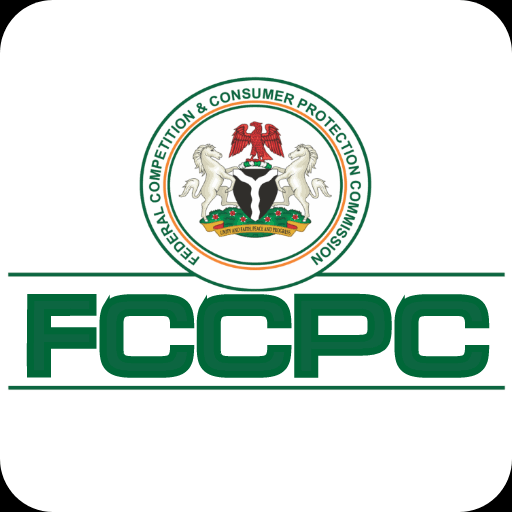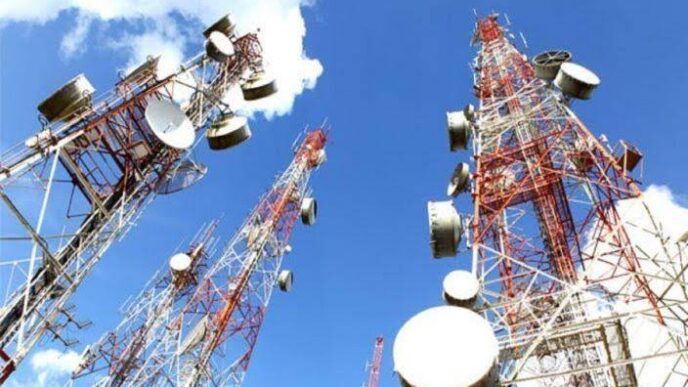The Federal Competition and Consumer Protection Commission (FCCPC) says it received 8,255 complaints from Nigerians between March and August 2025 and recovered over ₦10 billion for aggrieved consumers.
Gatekeepers News reports that a statement issued by the Commission’s Director of Corporate Affairs, Ondaje Ijagwu, said the total number of resolved complaints within the period stood at 9,091. The recoveries, it added, reflect both the scale of harm experienced and the significant financial burden borne by consumers without effective redress mechanisms.
Top Sectors with Complaints
Data released by the Commission shows that the banking sector recorded the highest number of consumer grievances, with 3,173 complaints. It was followed by Fast-Moving Consumer Goods (FMCG) with 1,543, and fintech with 1,442 complaints.
Other sectors included:
• Electricity – 458
• E-commerce – 412
• Telecommunications – 409
• Retail/wholesale/shopping – 329
• Aviation – 243
• Information Technology – 131
• Road transport/logistics – 114
Complaints ranged from unfair charges, service failures, unauthorized deductions, and deceptive marketing to product defects and lack of timely redress.
FCCPC’s Response
Executive Vice Chairman/CEO of the FCCPC, Mr. Tunji Bello, said the figures highlight systemic consumer challenges.
“These numbers are not just statistics; they tell the story of consumer frustration and the daily challenges Nigerians face in essential services,” Bello stated.
“However, the FCCPC is determined to hold businesses accountable, ensure compliance with the FCCPA, and promote fair market practices that protect the welfare of all consumers.”
The Commission stressed that the publication of sector-specific complaint data aligns with its mandate under Sections 17(a) and 17(j) of the FCCPA 2018, which empower it to enforce consumer protection laws and make such information public.
Sectoral Insights
• Banking/Fintech: These sectors dominated in both volume and financial impact, with recurring issues such as unauthorized loan deductions, account charges, and transaction disputes—underscoring the need for stronger coordination with the Central Bank of Nigeria (CBN).
• Electricity: Ranking fourth with 458 cases, complaints included billing disputes and service failures. The FCCPC noted the urgency for closer collaboration with the Nigerian Electricity Regulatory Commission (NERC) and DisCos.
• E-commerce: Although mostly low-value, disputes were frequent and centered on delivery delays, refunds, and counterfeit goods, pointing to rising consumer exposure in the digital retail space.
• Digital Lending & Microfinance: The report also linked a spike in complaints to abuses in digital lending and investment schemes, coinciding with new FCCPC regulations designed to curb such practices.
The Commission urged regulated entities to review the data, strengthen internal complaint-handling systems, and address consumer concerns more promptly.
Consumers were encouraged to continue reporting violations via the FCCPC complaint portal (complaints.fccpc.gov.ng) or at zonal and state offices.
“Every report assists the Commission in identifying systemic issues and enforcing compliance,” the FCCPC stated.










